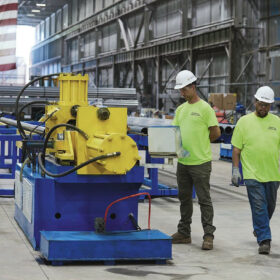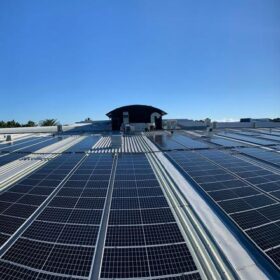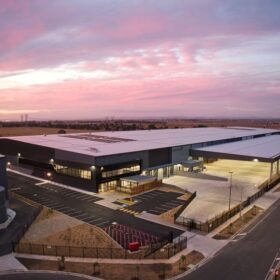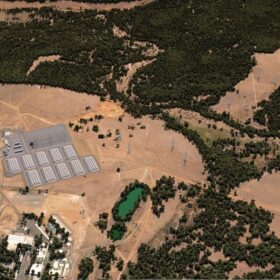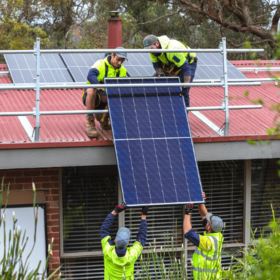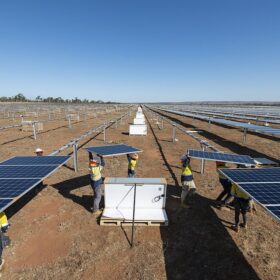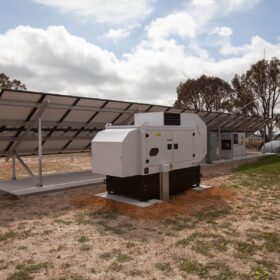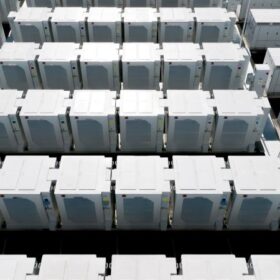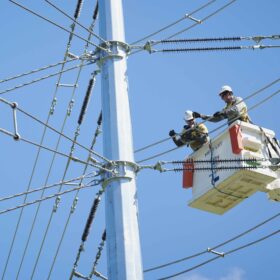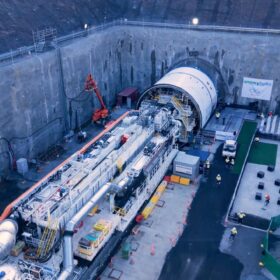Weekend read: Shifting supply chains brings own risks
Sourcing solar and energy storage locally will reduce some supply chain risks but it also opens the door to a new set of questions for prospective investors. Here, pv magazine takes a look at the United States market that could provide lessons for Australia as it seeks to build a domestic solar manufacturing industry.
Researchers roll out algorithms to target underperforming panels
A team of Australian researchers has developed multi-stage algorithms they say can remotely detect and accurately diagnose underperforming solar panels in residential and commercial PV systems.
Property giant commits to battery storage on new industrial builds
Australian-headquartered real estate group and fund manager Dexus has commenced the roll out of more than $25 million worth of battery energy storage systems coupled with rooftop solar at its new warehouses as it looks to future-proof its investment portfolio.
Perth contractor lands $160 million contract for Collie battery
State-owned energy utility Synergy has awarded the construction and balance of plant contract for the 500 MW / 2,000 MWh Collie battery energy storage system being built in Western Australia’s southwest.
Rooftop solar install rates tracking 7% up on 2023
New data from market firm SunWiz shows Australian households and businesses installed a further 262 MW of solar on their rooftops during the month of April, pushing the year-to-date total up 7% on the corresponding time last year.
Sunrise briefs: Microsoft announces largest PPA of renewables
Also on the rise: California crosses 10 GW battery storage threshold; Philippines set to add almost 2 GW of new solar in 2024; CATL unveils Ev with 1,000km range; and more.
Report calls for planning reforms as 20 GW of renewables added to project pipeline
Data from international consultancy Rystad Energy shows that 82 new renewable energy generation and battery storage projects corresponding to more than 20 GW of capacity were proposed across Australia’s National Electricity Market in the first quarter of 2024, with developers largely focused on Queensland and New South Wales.
WA pumps $26.4 million into clean energy manufacturing sector
Western Australia’s rollout of solar-based standalone power systems is set to continue with the state government announcing a $26.4 million funding package to drive local manufacturing of components needed for clean energy projects.
Victoria and SA energy storage tender attracts 19 GW of proposals
The federal government’s 32 GW Capacity Investment Scheme is already bearing fruit with a competitive tender seeking 600 MW of energy storage capacity in Victoria and South Australia attracting 19,000 MW of project proposals.
Powercor targets transmission licence to bring more renewables online
Victorian electricity distributor Powercor is seeking a licence to build new transmission infrastructure in a move it claims will provide faster grid connections for major projects such as solar and wind farms within its current distribution network area.
